No products in the cart.
Fitness Tips
The 15 Best High-Protein Cheeses, Ranked
Yes, you can have your cheese and stay fit, too. While there are myriad types of cheese to know from around the world, many are high in fat and better suited to enjoy from time to time (for instance, Roquefort is a processed blue cheese packed with sodium that could very well be included in a list of the worst foods to eat). However, there’s cheese protein that can absolutely help you meet your macro goals to build muscle.
“Cheese can be part of a healthy lifestyle when it’s unprocessed and eaten in moderation,” confirms sports dietitian Christina Strudwick, M.S., C.S.S.D. You just need to prioritize the right high-protein cheeses.
Is Cheese a Good Source of Protein?
The biggest plus of cheese is, by far, its protein content. Swiss, cheddar, and mozzarella have 7 to 8g per ounce, which can help pack on muscle. Ricotta is packed with whey, the most satiating of all protein in cheese. And hard cheeses can also lower blood pressure—especially Grana Padano, research has found.
Moreover, “cheese has lots of nutrients, like bone-building calcium,” says dietitian Amy Gorin, R.D.N.
When shopping, go for quality cheeses (read: not deli cheese individually wrapped in plastic).
“Harder cheeses tend to contain more protein per serving,” Strudwick says. Believe it or not, this cheese is good after a workout.
A study in the Journal of Nutrition found that young, fit men who ate about 3oz cheese after a strength workout were able to synthesize more muscle protein cells in their body as they recovered, helping them rebuild muscle faster.
Researchers found that 30 grams of cheese protein is the sweet spot for increasing muscle protein synthesis. For the greatest benefit, eat high-protein, low-fat cheese after a strength workout. Then, at dinner, eat lean protein like fish to maximize muscle recovery.
Can’t get cheese protein immediately after? The body can benefit up to a day later. Exercise sensitizes muscles to absorb amino acids circulating in the blood, so your muscles can absorb more of them up to 24 and even 48 hours later. In this timeframe, make sure to get 30g protein at every meal.
While cheese has other health perks (namely, a hefty dose of bone-strengthening calcium), it also packs a decent amount of fat, so be mindful.
To help you discern how much protein is in cheese, Strudwick has indicated the best varieties ranked highest to lowest in grams per ounce so you can snack smart.
Cheese Protein: The 15 Best High-Protein Cheeses
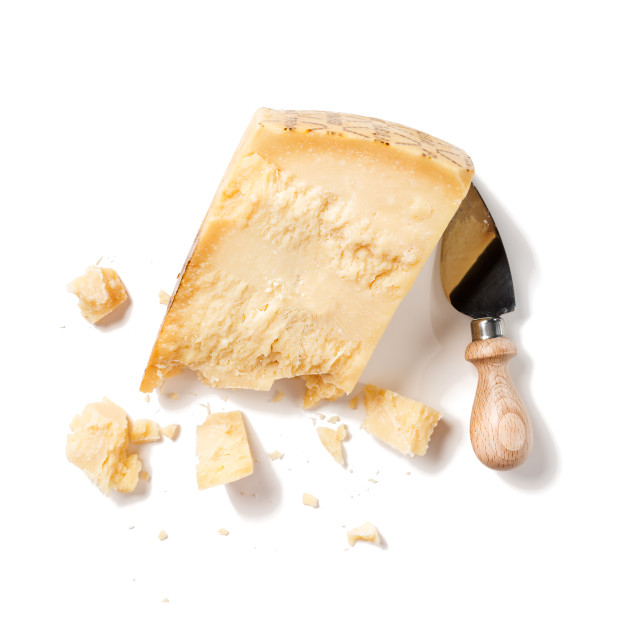
Nelea Reazanteva/Getty Images
1oz: 11g protein
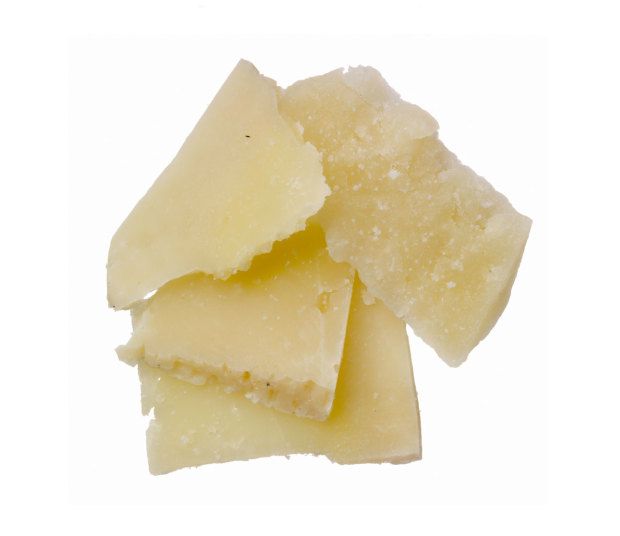
1oz: 9g protein
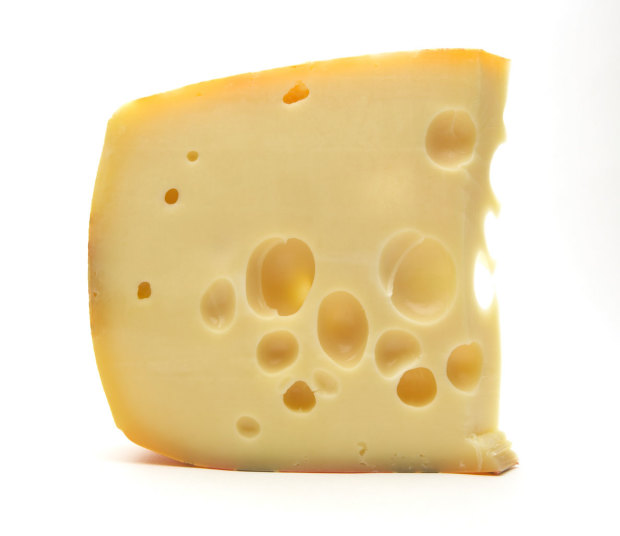
1oz: 8g protein
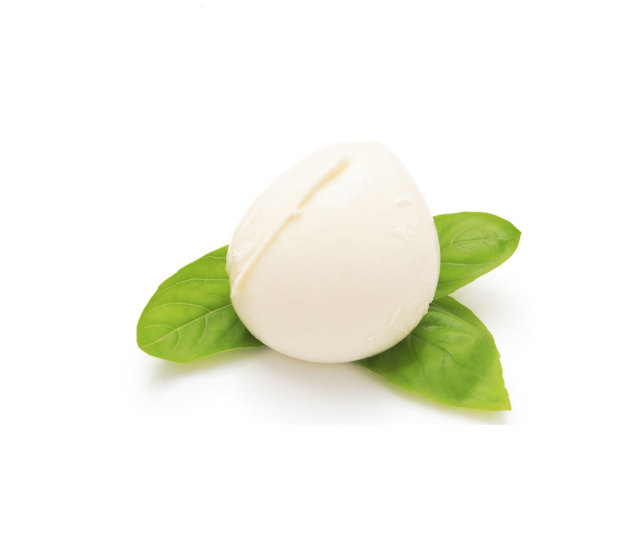
1oz: 8g protein
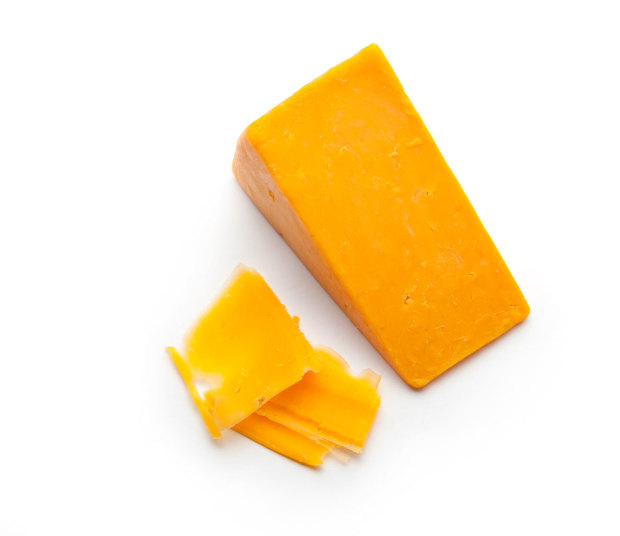
1oz: 7g protein
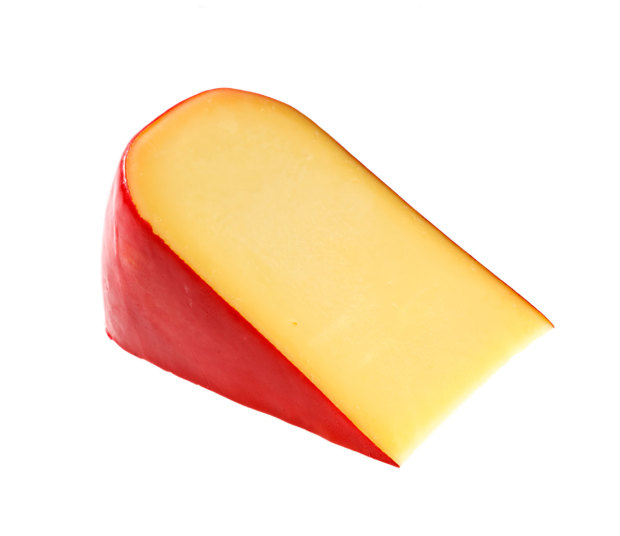
1oz: 7g protein
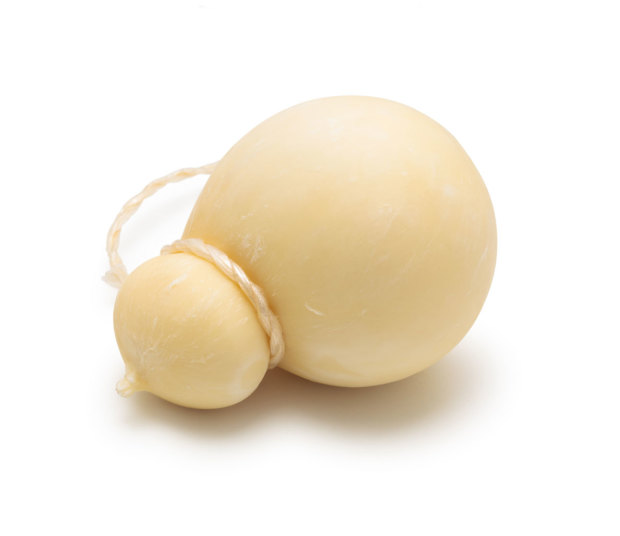
1oz: 7g protein
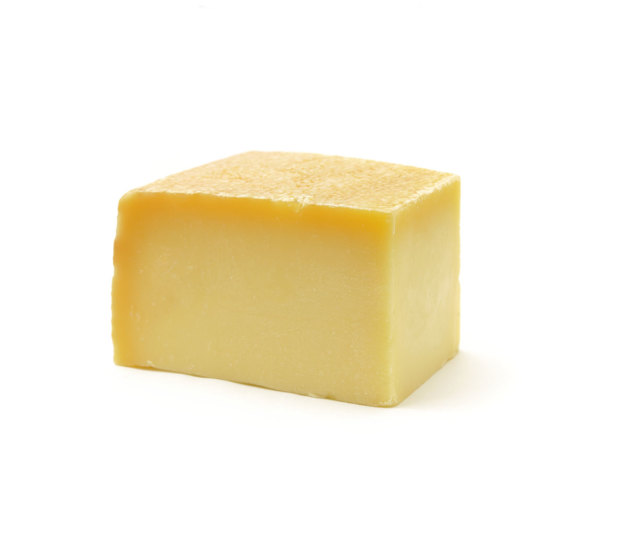
1oz: 7g protein
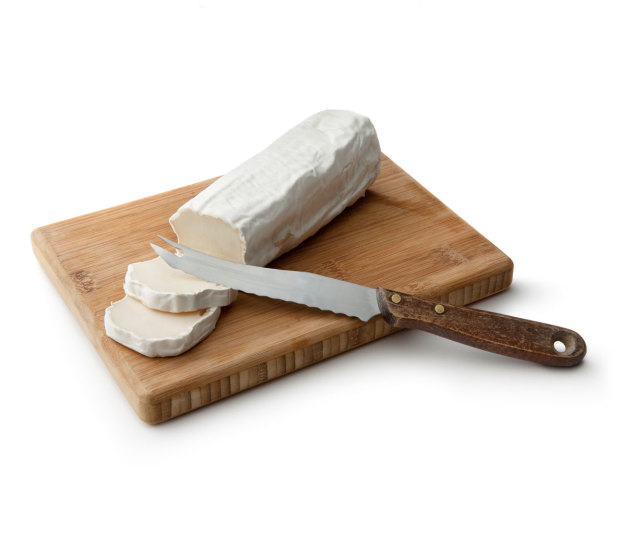
1oz: 6g protein
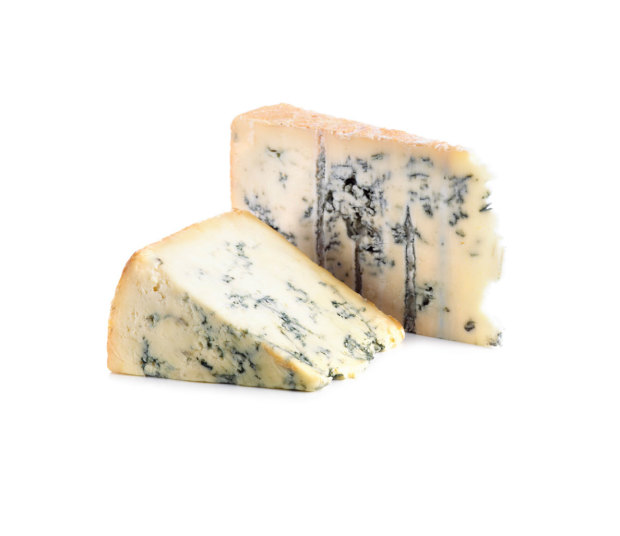
1oz: 6g protein
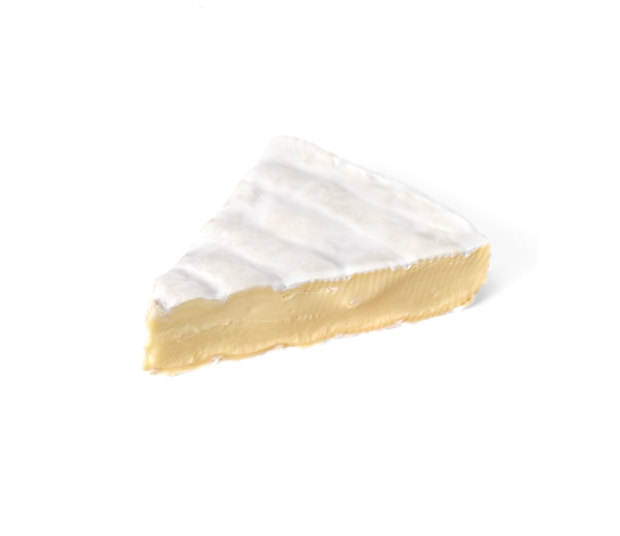
1oz: 6g protein
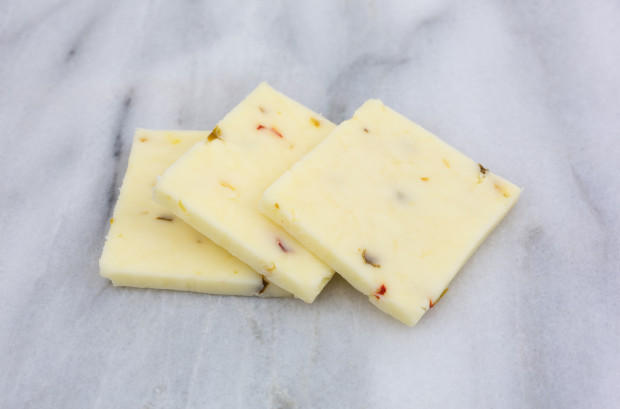
BWFolsom/Getty Images
1oz: 6g protein
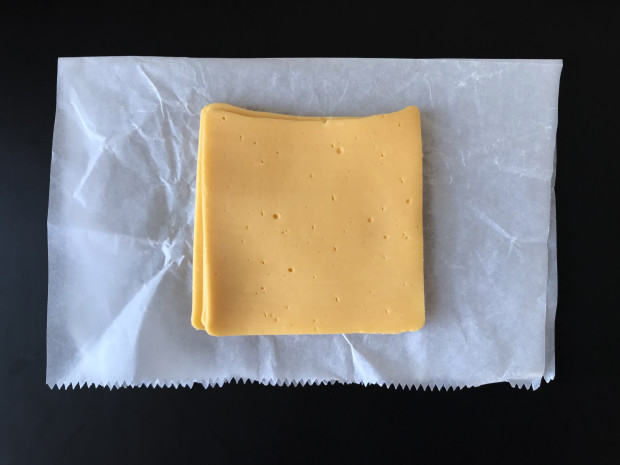
Getty Images
1oz: 5g protein
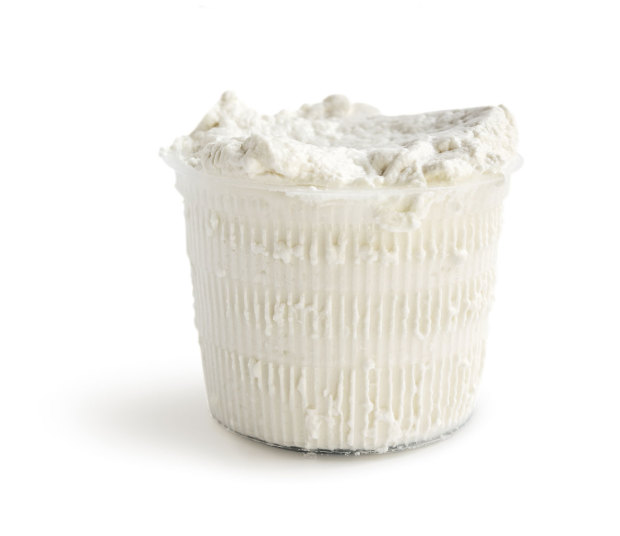
1oz: 3g protein
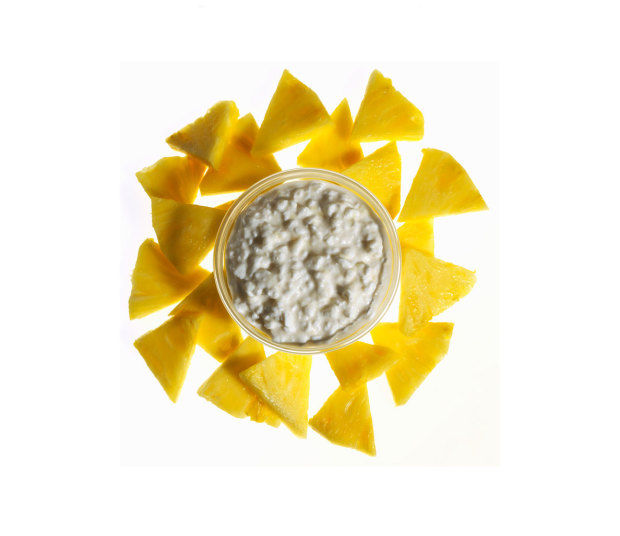
1oz: 3g protein
Source link

